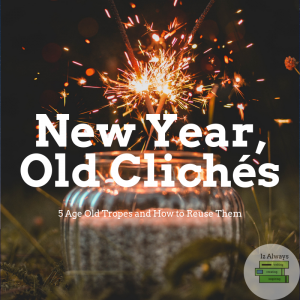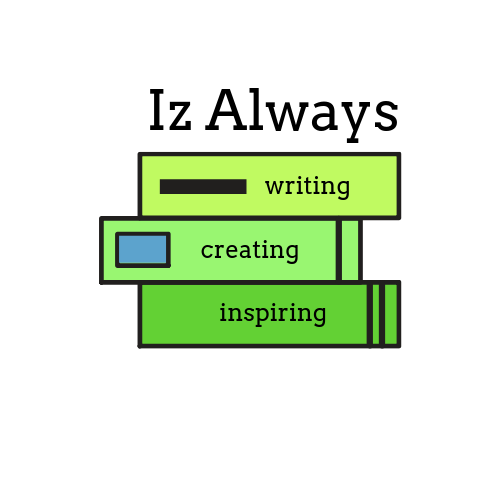
Let’s talk Creative Writing.
There will always be new stories swamped with the same old clichés. When we read, we want something new. We unknowingly ingest the same recognizable patterns in characters, themes, and plot that are somehow written in a fresh way. These tropes are fine, it’s the clichés you have to watch out for. When a trope becomes overused, we set the story down, not wanting to read another “knight saves the princess from the evil dragon” story.
But not all clichés are bad. Yes, they are overused, but who says you can’t take a whole new spin to them? We can still dig in the past for new inspiration. For the new year, I have collected five of the many common plot devices used in creative writing.
1. Knight Saves the Princess from the Evil Dragon
We’ve heard this one a thousand times, but who’s to say we don’t enjoy it? We see this plot used by countless myths and fairytales. Disney has rewritten several such as Sleeping Beauty and they have been very successful.
But now the cliché is just that, a cliché. You could flip this story upside down. Was the dragon really in the wrong? Was the princess really helpless? In these stories, the roles are often clear, but why not wait until the end to reveal what position each character plays?
2. Chosen One
While this one is also an archetype, it is often used as the central plot to a story. In many YA novels, the main character is “chosen” to complete a goal unbeknownst to the main character. He is guided by his entourage of skilled friends and mentors while he collects his own skills. The main character often surpasses said skilled friends. Stories that focus on this cliché are Eragon and Harry Potter.
But who says they really are the “chosen one”? The hero goes through trials, but if they aren’t the “chosen one”, will that determine whether they succeed or not? Is there more than one “chosen one”?
3. “According to the Prophecy…”
This cliché focuses on a story in which the hero or heroes must undertake a quest mentioned because of a preexisting prophecy. Examples of this are in The Lion, the Witch, and the Wardrobe and The Lightning Thief.
This story line is often enjoyable for the lovers of riddles. It acts as a guide rail to the story and is resolved as the reader finished the last pages. But should that always be true? Why are these prophecies credible? It’s often that the rhyme goes for long periods of time before being solved by certain events, but can it repeat itself? Let your own story decide the rules of fate.
4. A Girl’s Life Changes When She Meets Him.
We normally find this trope from the perspective of a teenage girl or young woman. She’s walking through her high school hallway or strolling down the street and suddenly she sees him. Love at first sight. They eventually realize their feelings and suddenly, the “independent” heroine’s life is only about her love interest.
But what if her life changed because of a different reason? They might never have been love interests in the first place. What might have been romance turns into a sea of troubles. The love interest turns antagonist, who she must fight as a stagnant character, staying true to herself. Consider women who don’t have to become mindless to fall in love.
5: Secret Heritage/Long Lost Heir
It turns out he was the long lost prince after all! The prince, after proving himself as a young hero comes into his inheritance without complications. This fairytale and YA cliché is often enjoyable. I use it myself, but that’s the reason why it’s a cliché. The hero, often a teenager, is unknowingly the heir to a fortune, or discovers they are related to someone important which gives him/her a whole new identity. The relative can be either a positive or negative figure.
Similar to the “Chosen One” trope, we can ask the question, is our main character really the heir? Perhaps a side character is the real one with the secret heritage. Does the hero have to be a young hero/heroine? Consider an adult suddenly rediscovering themselves.
There’s a reason these clichés work. clichés are excellent resources, especially for first time writers who are looking for ways to practice their craft. But these can become tiring. Shake things up a bit and take a new route from the well worn path.

